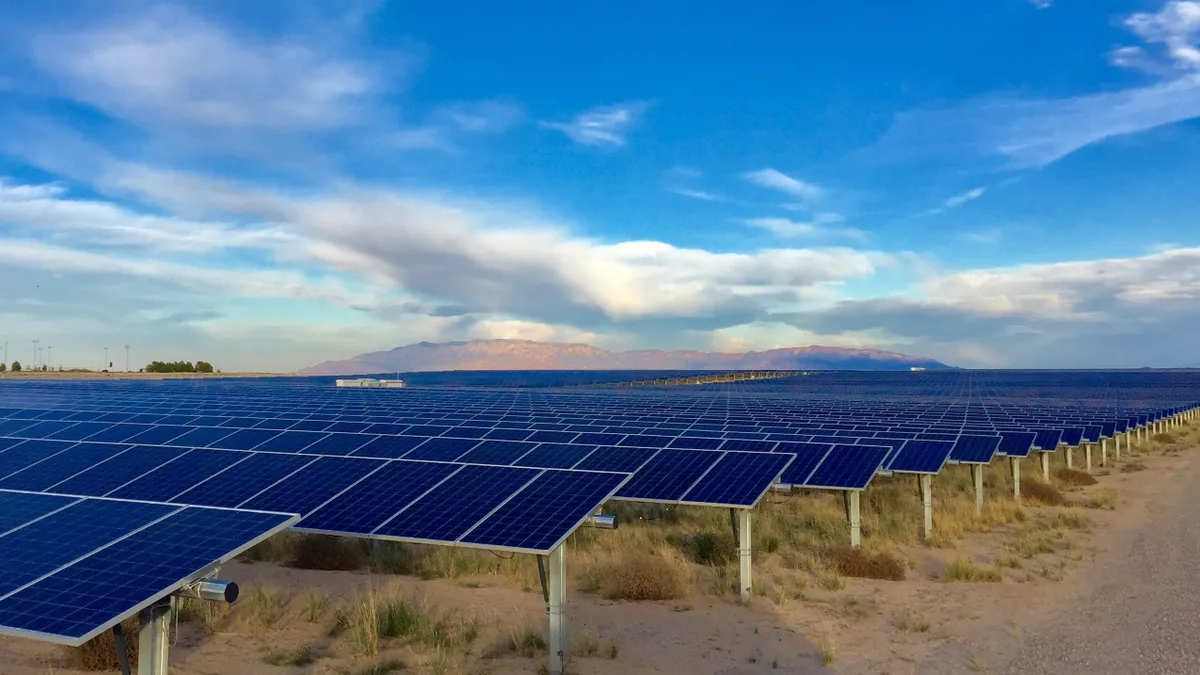Dive Brief:
- The Massachusetts Department of Energy Resources (DOER) will extend the state's Solar Renewable Energy Credit (SREC 2) program until it develops and finalizes a long-term replacement for the green energy incentive program.
- Advocates say the SREC 2 has been tremendously successful in Massachusetts, leading to more than 1,600 MW of solar development alongside jobs and investments for the Bay State.
- Regulators are currently developing the Solar Massachusetts Renewable Target (SMART), which aims to develop 1.6 GW of new solar energy projects.
Dive Insight:
The proposal to extend SREC 2 until the state can finalize a replacement highlights the complexity of solar policy: Just last month, the Department of Energy Resources (DOER) said it would extend the crediting program farther into 2017, but now says it will leave the program in place until it is replaced.
DOER's proposed SMART incentive program would leave a 1,600 MW cap in place, but the new program would replace SRECs with tariffs designed to reduce risk and provide for more predictable revenue streams for solar developers. Tariffs would apply to all electric distribution companies and would step down in 5% increments. Larger projects would get lower tariffs, structured on up to eight 200 MW blocks.
The decision recognizes the need for "continuity and certainty" to attract investment,” according to Northeast Clean Energy Council president Peter Rothstein. “With the transition to the successor incentive program now confirmed, businesses, municipalities, and residents will continue to find the value and opportunity to build solar projects that will preserve local jobs and provide economic, energy and environmental benefits to the Commonwealth.”














